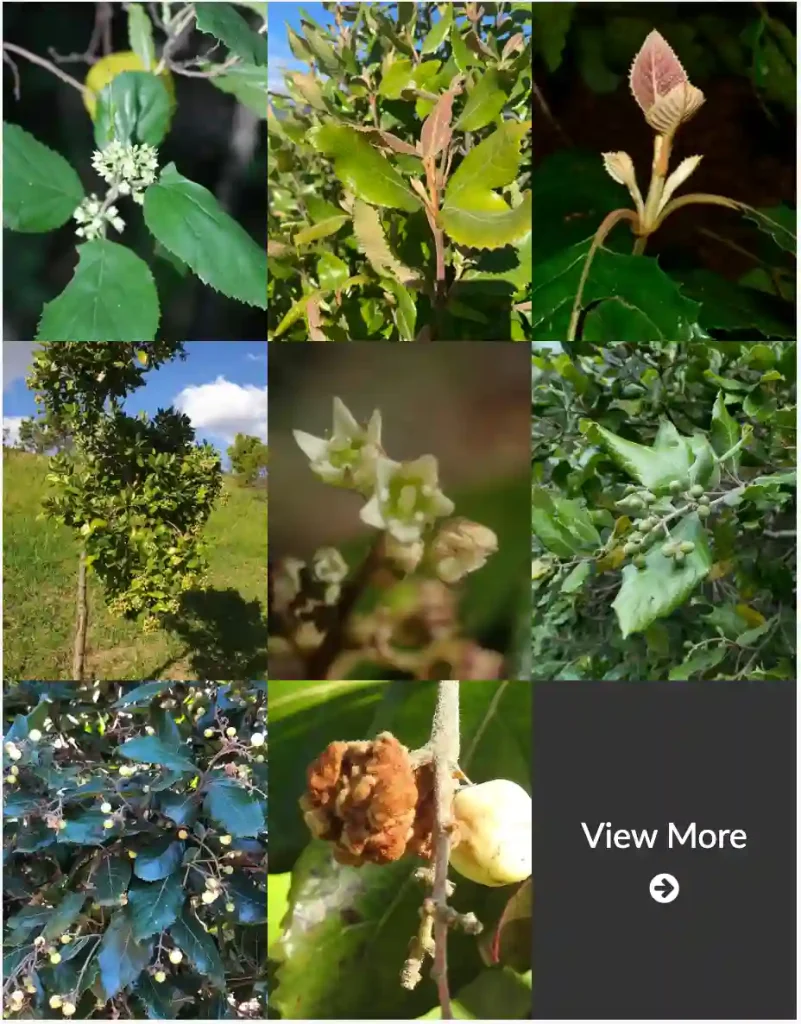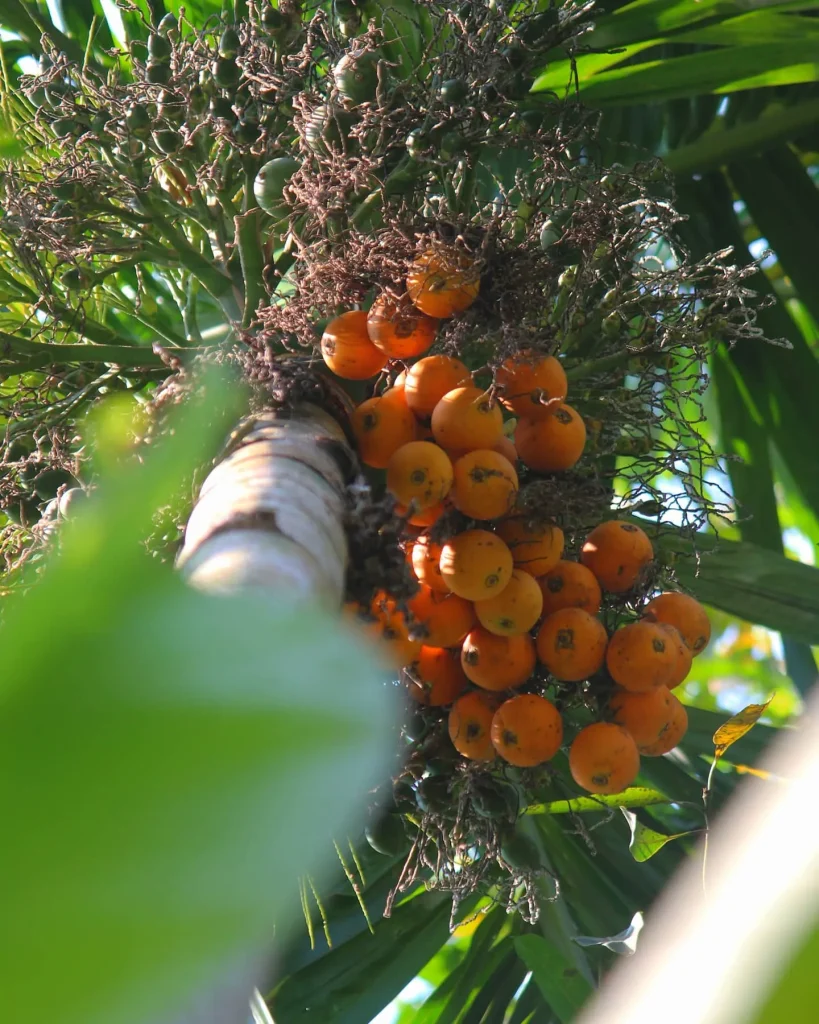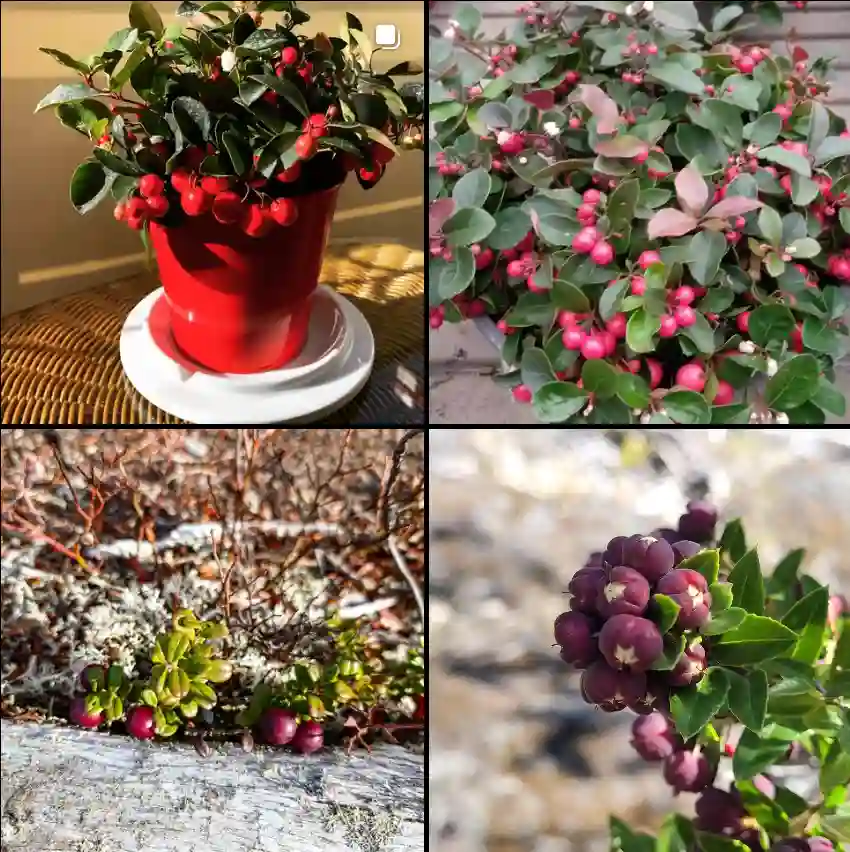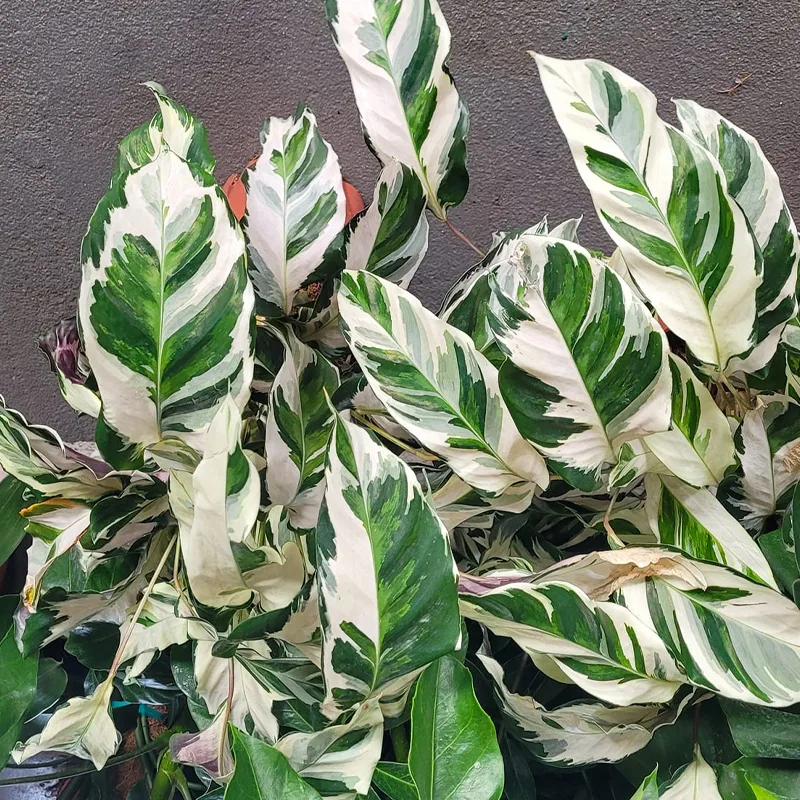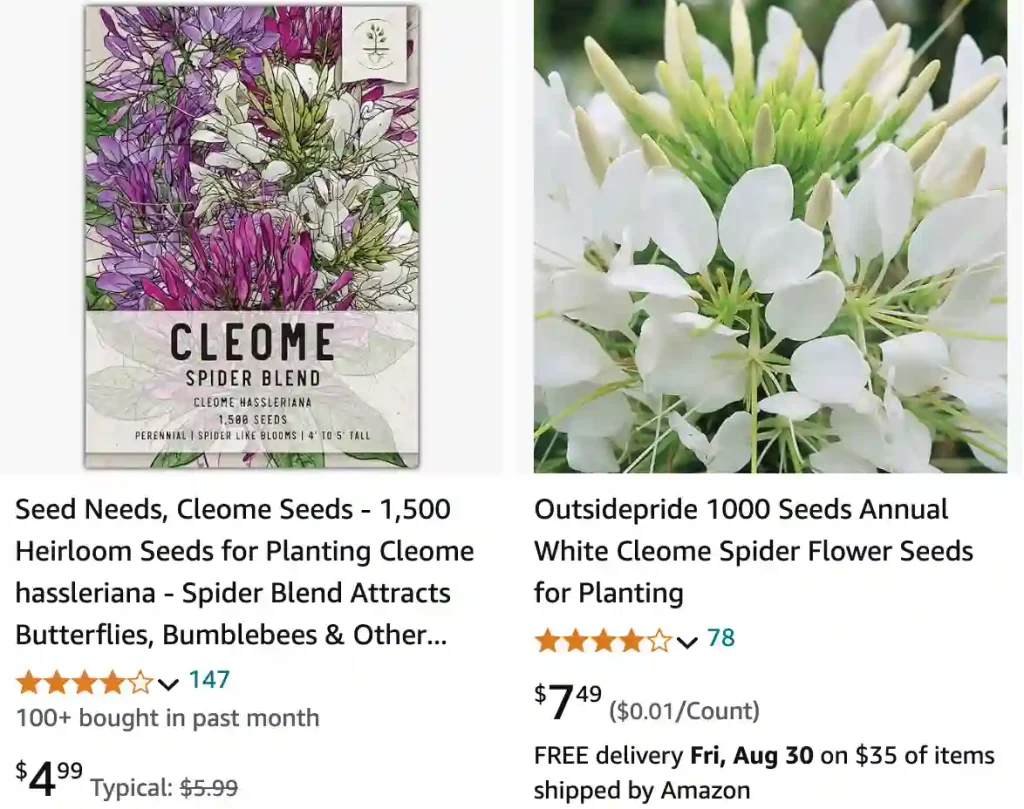
September 17 – Cleome
"Cleome, the spider flower, defines September 17."
Cleome symbolizes creativity and independence. You think outside the box and follow your own path. Like its unique form, you stand out effortlessly.
Cleome: A Love Affair with Spider Flowers
My name is Ferb Vu, and I have a confession to make: I’m utterly captivated by Cleome. These fascinating plants, with their whimsical air and vibrant colors, have completely stolen my heart. Also known as spider flowers, spider plants, or bee plants, Cleome belong to the Cleomaceae family. They were previously classified under Capparaceae, but DNA studies revealed a closer relationship to Brassicaceae (the mustard family). This makes them a fascinating subject for botanists and plant enthusiasts like myself.
A Diverse and Global Family
The Cleome genus boasts a remarkable diversity, with around 200 species of herbaceous annuals, perennials, and shrubs. They’re practically globetrotters, found in tropical and warm temperate zones worldwide. This wide distribution speaks volumes about their adaptability and resilience.
- Cleome aculeata L.
- Cleome africana Botsch.
- Cleome afrospina Iltis
- Cleome albescens Franch.
- Cleome aldenella W.R.Ernst
- Cleome allamanii Chiov.
- Cleome amblyocarpa Barratte & Murb.
- Cleome angulata (DC.) Schult. & Schult.f.
- Cleome angustifolia Forssk.
- Cleome anomala Kunth
- Cleome arabica L.
- Cleome arenitensis Craven, Lepschi & Fryxell
- Cleome ariana Hedge & Lamond
- Cleome aspera J.Koenig ex DC.
- Cleome atropurpurea Schott
- Cleome augustinensis (Hochr.) Briq.
- Cleome bahiana (Iltis & Costa-e-Silva ex Soares Neto & Roalson) ined.
- Cleome bahiensis (Ule) Christenh. & Byng
- Cleome bicolor Gardner
- Cleome bojeri Hadj-Moust.
- Cleome boliviensis Iltis
- Cleome bororensis (Klotzsch) Oliv.
- Cleome brachiata (Bojer) Briq.
- Cleome brachycarpa Vahl ex DC.
- Cleome brachystyla Deflers
- Cleome brevipetiolata D.F.Chamb. & Lamond
- Cleome briquetii Polhill
- Cleome bundeica P.S.Short
- Cleome burttii R.A.Graham
- Cleome carnosa (Pax) Gilg & Gilg-Ben.
- Cleome chapalensis Iltis
- Cleome chelidonii L.f.
- Cleome chilensis DC.
- Cleome chiriquensis (Standl.) Govaerts
- Cleome chodatiana Iltis
- Cleome chrysantha Decne.
- Cleome cleomoides (F.Muell.) Iltis
- Cleome coccinea (Benth.) Govaerts
- Cleome coeruleorosea Gilg & Gilg-Ben.
- Cleome coluteoides Boiss.
- Cleome conrathii Burtt Davy
- Cleome cordobensis Eichler ex Griseb.
- Cleome cornus-africani (Thulin) Thulin
- Cleome costaricensis Iltis
- Cleome crenopetala A.DC.
- Cleome decipiens Triana & Planch.
- Cleome densiflora (Benth.) Triana & Planch.
- Cleome densifolia C.H.Wright
- Cleome diffusa Banks ex DC.
- Cleome dodecandra L.
- Cleome domingensis Iltis
- Cleome drepanocarpa O.Schwartz
- Cleome droserifolia (Forssk.) Delile
- Cleome dumosa Baker
- Cleome × ecuadorica Heilborn
- Cleome elegantissima Briq.
- Cleome eosina J.F.Macbr.
- Cleome erosa (Nutt.) Eaton
- Cleome felina L.f.
- Cleome flava Banks ex DC.
- Cleome foliolosa DC.
- Cleome foliosa Hook.f.
- Cleome formosa (Cochrane) N.Zamora
- Cleome fosteriana Iltis
- Cleome frutescens Aubl.
- Cleome gallaensis Gilg & Gilg-Ben.
- Cleome gigantea L.
- Cleome glandulosa Ruiz & Pav. ex DC.
- Cleome glaucescens DC.
- Cleome gobica Grubov
- Cleome gordjaginii Popov
- Cleome gossweileri Exell
- Cleome guaranitica (Chodat & Hassl.) Briq.
- Cleome guianensis Aubl.
- Cleome gynandra L. Plant FAQs: Cleome Gynandra
- Cleome hadramautica Thulin
- Cleome hanburyana Penz.
- Cleome hemsleyana (Bullock) Iltis
- Cleome heratensis Bunge & Bien. ex Boiss.
- Cleome hirta (Klotzsch) Oliv.
- Cleome hispidula (DC.) Govaerts
- Cleome horrida Mart. ex Schult. & Schult.f.
- Cleome houstonii R.Br.
- Cleome houtteana Schltdl.
- Cleome humilis Rose
- Cleome iberica DC.
- Cleome iberidella Welw. ex Oliv.
- Cleome inermis Malme
- Cleome insolata P.S.Short
- Cleome jamesii (Torr. & A.Gray) Govaerts
- Cleome jamesonii Briq.
- Cleome kalachariensis Gilg & Gilg-Ben.
- Cleome karachiensis S.Riaz, Abid & Qaiser
- Cleome karjaginii Tzvelev
- Cleome kelleriana (Schinz) Gilg & Gilg-Ben.
- Cleome kenneallyi Hewson
- Cleome kermesina Gilg & Gilg-Ben.
- Cleome kersiana Thulin
- Cleome khorassanica Bunge & Bien. ex Boiss.
- Cleome laburnifolia Roessler
- Cleome lanceolata (Mart. & Zucc.) Iltis
- Cleome latifolia Vahl ex DC.
- Cleome lechleri Eichler
- Cleome leptorachis Linden & Planch.
- Cleome lilloi M.Gómez
- Cleome limmenensis P.S.Short
- Cleome limoneolens J.F.Macbr.
- Cleome linophylla (O.Schwarz) Pax & K.Hoffm.
- Cleome lipskyi Popov
- Cleome longifolia C.Presl
- Cleome longipes Lamb. ex DC.
- Cleome lophosperma P.S.Short
- Cleome macradenia Schweinf.
- Cleome macrophylla (Klotzsch) Briq.
- Cleome macrorhiza C.Wright
- Cleome maculata (Sond.) Szyszył.
- Cleome magnifica Briq.
- Cleome mathewsii Briq.
- Cleome melanosperma S.Watson
- Cleome microaustralica Iltis
- Cleome microcarpa Ule
- Cleome monandra DC.
- Cleome monophylla L.
- Cleome monophylloides R.Wilczek
- Cleome moricandii Briq.
- Cleome moritziana Klotzsch ex Eichler
- Cleome mossamedensis Exell & Mendonça
- Cleome niamniamensis Schweinf. & Gilg
- Cleome oligandra Kers
- Cleome omanensis (D.F.Chamb. & Lamond) Thulin
- Cleome ornithopodioides L.
- Cleome oxalidea F.Muell.
- Cleome oxypetala Boiss.
- Cleome oxyphylla Burch.
- Cleome pakistanica (Jafri) Khatoon & A.Perveen
- Cleome pallida Kotschy
- Cleome paludosa Willd. ex Eichler
- Cleome paradoxa R.Br. ex DC.
- Cleome parviflora Kunth
- Cleome parvipetala R.A.Graham
- Cleome parvisepala Heilborn
- Cleome parvula R.A.Graham
- Cleome paxii (Schinz) Gilg & Gilg-Ben.
- Cleome perrieri Hadj-Moust.
- Cleome pilosa Benth.
- Cleome polyanthera Schweinf. & Gilg
- Cleome polytricha Franch.
- Cleome postrata D.Subram.
- Cleome procumbens Jacq.
- Cleome puberula Triana & Planch.
- Cleome puccionia Christenh. & Byng
- Cleome pulchella (Lindl.) Schult. & Schult.f.
- Cleome quinquenervia DC.
- Cleome ramosissima Parl. ex Webb
- Cleome regnellii Eichler
- Cleome rosea Vahl ex DC.
- Cleome rostrata Bobrov
- Cleome rotundifolia (Mart. & Zucc.) Iltis
- Cleome rubella Burch.
- Cleome rubelloides Kers
- Cleome rupicola Vicary
- Cleome rutidosperma DC.
- Cleome scaposa DC.
- Cleome schimperi Pax
- Cleome schlechteri Briq.
- Cleome semitetrandra Sond.
- Cleome serrata Jacq.
- Cleome siliculifera Eichler
- Cleome silvatica Gilg & Gilg-Ben.
- Cleome simplicifolia (Cambess.) Hook.f. & Thomson
- Cleome socotrana Balf.f.
- Cleome speciosa Raf.
- Cleome spinosa Jacq. Plant FAQs: Cleome Spinosa – Spider Flower
- Cleome stenopetala Gilg & Gilg-Ben.
- Cleome stenophylla Klotzsch ex Urb.
- Cleome steveniana Schult. & Schult.f.
- Cleome stricta (Klotzsch) R.A.Graham
- Cleome strigosa (Bojer) Oliv.
- Cleome stylosa Eichler
- Cleome suffruticosa Schinz
- Cleome tenella L.f.
- Cleome tenuifolia (Mart. & Zucc.) Iltis
- Cleome tenuis S.Watson
- Cleome tetrandra Banks ex DC.
- Cleome titubans Speg.
- Cleome tomentella Popov
- Cleome torticarpa Iltis & T.Ruíz
- Cleome trachycarpa Klotzsch ex Eichler
- Cleome trachysperma (Torr. & A.Gray) Pax & K.Hoffm.
- Cleome tucumanensis Iltis
- Cleome turkmena Bobrov
- Cleome uncifera Kers
- Cleome uniglandulosa Cav.
- Cleome usambarica Pax
- Cleome vahliana Fresen.
- Cleome violacea L.
- Cleome virens J.F.Macbr.
- Cleome viscosa L. Plant FAQs: Cleome Viscosa – Asian Spider Flower
- Cleome werdermannii Alf.Ernst
- Cleome yunnanensis W.W.Sm.
Is Cleome a Perennial?
Cleome, often referred to as Spider Flower or Spider Plant, is generally grown as an annual in most regions. This means it completes its life cycle within a single growing season and then dies off. However, in warmer climates with mild winters, Cleome might act like a short-lived perennial, coming back year after year. In my experience, if you’re in a colder zone, you’ll likely need to replant Cleome each spring.
Is Cleome Poisonous to Humans?
Cleome is not considered highly toxic to humans. While it is not a common food plant, there are no significant reports of poisoning. That said, it’s always a good idea to avoid ingesting any part of the plant. I’ve never had issues with it, but keeping children and pets away from it is a precaution worth taking.
When to Plant Cleome Seeds?
Timing is crucial for successful Cleome cultivation. I find that planting Cleome seeds indoors 6-8 weeks before the last expected frost is effective. You can also direct sow the seeds outdoors after the danger of frost has passed and the soil has warmed. In my garden, I’ve had the best results by starting them inside and then transplanting them.
Is Cleome Related to Hemp?
Cleome and hemp are not closely related, though they might look similar at a glance. Cleome belongs to the Cleomaceae family, while hemp is part of the Cannabaceae family. Despite their similar foliage, they are distinct in their growth habits and uses. Cleome is primarily grown for its ornamental value, whereas hemp has industrial and medicinal uses.
What Does a Cleome Seedling Look Like?
Cleome seedlings are quite distinctive. They start as small, tender plants with long, narrow leaves that have a slightly fern-like appearance. As they grow, the seedlings develop a more recognizable form with the characteristic spider-like flowers. I remember when I first saw them emerging, they had a delicate, almost whimsical look.
How to Grow Cleome from Seed?
Growing Cleome from seed is relatively straightforward. Start by soaking the seeds in water for 24 hours to aid germination. Plant them in seed-starting mix about 1/4 inch deep. Keep the soil moist and warm until they germinate, which usually takes 1-2 weeks. Once they have a few sets of leaves and the risk of frost has passed, you can transplant them into your garden. I’ve found that Cleome thrives in well-drained soil with plenty of sunlight.
What Do Cleome Seedlings Look Like?
Cleome seedlings look like tiny green sticks with leaves that are initially sparse but quickly become more bushy. They are quite resilient and grow rapidly once they establish themselves. Their early growth phase is not as dramatic as their later flowering stage, but they are still quite charming.
Is Cleome Poisonous to Dogs?
Cleome is not known to be highly toxic to dogs. While ingestion of any plant material can potentially cause gastrointestinal upset, Cleome is generally not listed among the highly toxic plants. However, if your dog starts showing unusual symptoms after chewing on Cleome, it’s best to consult your veterinarian.
Do Cleome Seeds Need Stratification?
Cleome seeds do not require stratification. They germinate well with just a soak before planting. In my experience, skipping the stratification process doesn’t affect the success rate of germination.
Do Deer Eat Cleome?
Deer generally avoid Cleome because of its strong smell and the slightly prickly texture of its foliage. I’ve had Cleome in my garden for years without any issues with deer munching on it. If you have a severe deer problem, Cleome is a reliable choice.
How to Germinate Cleome Seeds?
To germinate Cleome seeds, soak them in water for about 24 hours. After soaking, sow the seeds in a seed-starting mix, covering them lightly with soil. Keep the soil consistently moist and provide warmth. Germination typically occurs within 1-2 weeks. I’ve had great success with this method, which has consistently given me strong, healthy seedlings.
Do Bees Like Cleome?
Bees absolutely love Cleome. The flower’s unique shape and abundant nectar attract various pollinators. In my garden, I’ve noticed that Cleome is a magnet for bees, making it a great addition if you want to support local pollinator populations.
Cleome vs Weed
Cleome is often mistaken for a weed because of its rapid growth and somewhat wild appearance. However, it is a cultivated plant with ornamental value. It can sometimes self-seed and spread, but it’s not an aggressive weed like some other species.
Cleome vs Fireweed
Cleome and Fireweed are quite different. Fireweed (Epilobium angustifolium) is known for its tall, slender spikes of pink flowers and is often found in disturbed areas. Cleome, on the other hand, has a more bushy appearance with a unique spider-like bloom. They both have impressive floral displays but belong to entirely different plant families.
Cleome vs Marijuana
Cleome and marijuana are not related, though they might look somewhat similar due to their foliage. Marijuana (Cannabis sativa) is well-known for its psychoactive properties and is part of the Cannabaceae family. Cleome is entirely different, primarily used for its ornamental value and has no such effects.
Additional Tips for Growing Cleome
Cleome thrives in full sun and well-drained soil. It’s relatively low-maintenance, but regular deadheading of spent blooms will encourage continuous flowering. Be prepared for its sprawling nature; it can grow quite tall and wide, which can be both a benefit and a challenge in garden design.
Cleome is a fascinating plant that adds a unique touch to any garden. Its care is straightforward, and its benefits, such as attracting pollinators and its striking appearance, make it a valuable addition to many landscapes.
If i die, water my plants!
